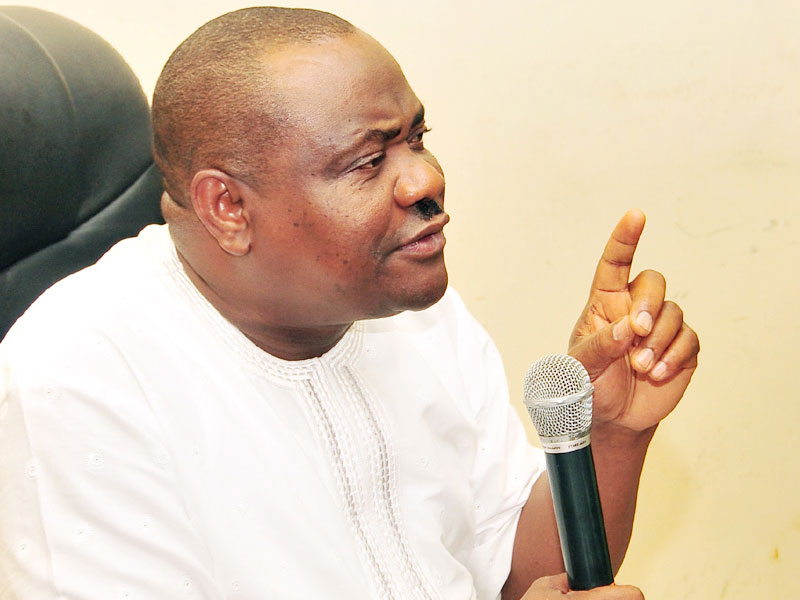Rivers and Bayelsa states were among the States that missed out on the second tranche of N123.348 billion performance-based grants under Federal Government’s States Fiscal Transparency Accountability and Sustainability (SFTAS) programme for results.
Minister of Finance, Budget and National Planning, Mrs Zainab Ahmed stated this on Wednesday, noting that she had disbursed the fund to 32 states.
The disbursement was consequent upon 2019 Annual Performance Assessment (APA) assessment carried out by the Office of the Auditor General for the Federation (OAuGF) as the Independent Verification Agent (IVA) and approved by the Programme Coordination Unit (PCU) of the Federal Ministry of Finance, Budget and National Planning.
Ahmed said that the disbursement included N91.048 billion ($239.6 million) of performance-based grants for the 2019 APA results achieved by 32 eligible states across various disbursement linked indicators (DLIs) covering fiscal transparency, accountability, expenditure efficiency, revenue mobilisation and debt sustainability.
States received grants in accordance to the number of results achieved, with Sokoto State receiving the highest amount of N6.612 billion while Kano State got the lowest amount of N1.710 billion.
“Bayelsa, Imo, Rivers and Zamfara States got zero allocation due to their inability to meet the 2019 eligibility criteria which required States to publish online approved annual budgets and audited financial statements within a specific timeframe.” she said.
She further noted that the 2019 APA results were a significant improvement on the 2018 APA results where the total performance-based grants of N43.416 billion ($120.6 million) were received by 24 eligible states, demonstrating the substantive progress states have made on fiscal reforms.
She disclosed that the second part of the disbursement involved a new COVID-19 response DLI: the implementation of a tax compliance relief programme for individual taxpayers and businesses by states by 30 September 2020 where 34 out of 36 States (only Anambra and Zamfara States missed out) were able to achieve the results for this new DLI for the total of N32.3 billion ($85 million) of grants.
The disbursement came after the recent one in November, 2020, by the Federal Government where the sum of N66.5billion ($175 million) was granted to 35 states which achieved results under another new COVID-19 response DLI: the passing of an amended COVID-19 responsive 2020 Budget by 31 July 2020.
The Minister observed that since the first disbursement in April 2020, the Federal Government had thus far disbursed the total sum of N233 billion ($620.6 million) to the states under the $750 million World Bank-Assisted States Fiscal Transparency, Accountability and Sustainability (SFTAS) programme-for-results.
Ahmed reiterated that the World Bank-assisted SFTAS programme is principally meant to strengthen fiscal management at the state level so as to ensure effective mobilisation and utilisation of financial resources to the benefit of their citizens in a transparent, accountable and sustainable manner, thereby reducing fiscal risks and encouraging a common set of fiscally responsible behaviours.
She noted that the SFTAS programme could not have come at a better time, given the dwindling government revenue occasioned by oil price volatility and coupled with the current impact of COVID-19 which has further intensified the need for improved practices in fiscal transparency, accountability and sustainability as enunciated in the SFTAS ideals.
The Minister stressed that with the disbursement of the total sum of N233.264 billion (4620.2 million) since the beginning of the programme for results, “we have thus far successfully adapted and implemented the SFTAS programme to provide timely support to states with a view to strengthening their fiscal capacity for responding to numerous fiscal challenges in their respective domains.”
“The increase in the number of benefiting states and results achieved is indicative of the wider acceptance of SFTAS ideals by all states of the federation and this would herald a new era of transparency and accountability in fiscal governance at the sub-national level”

